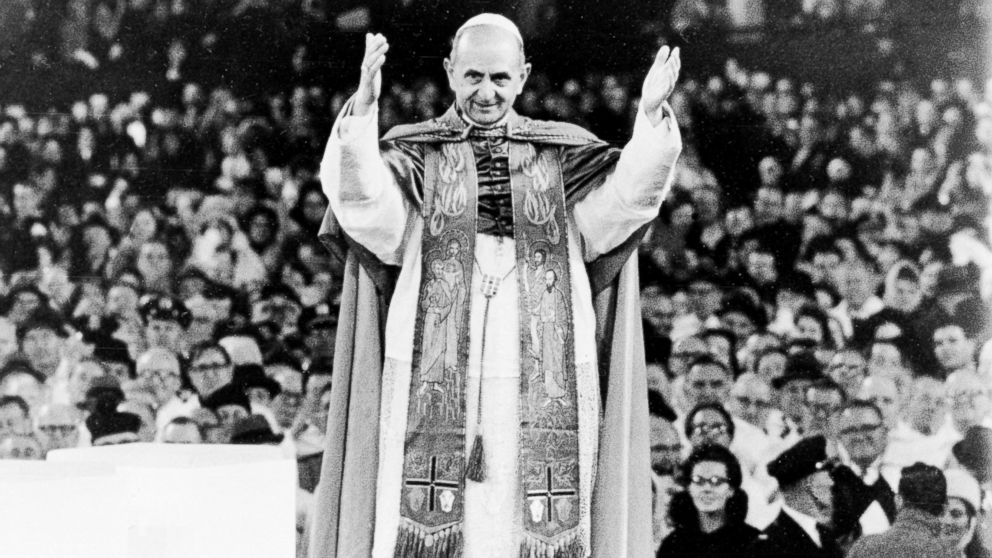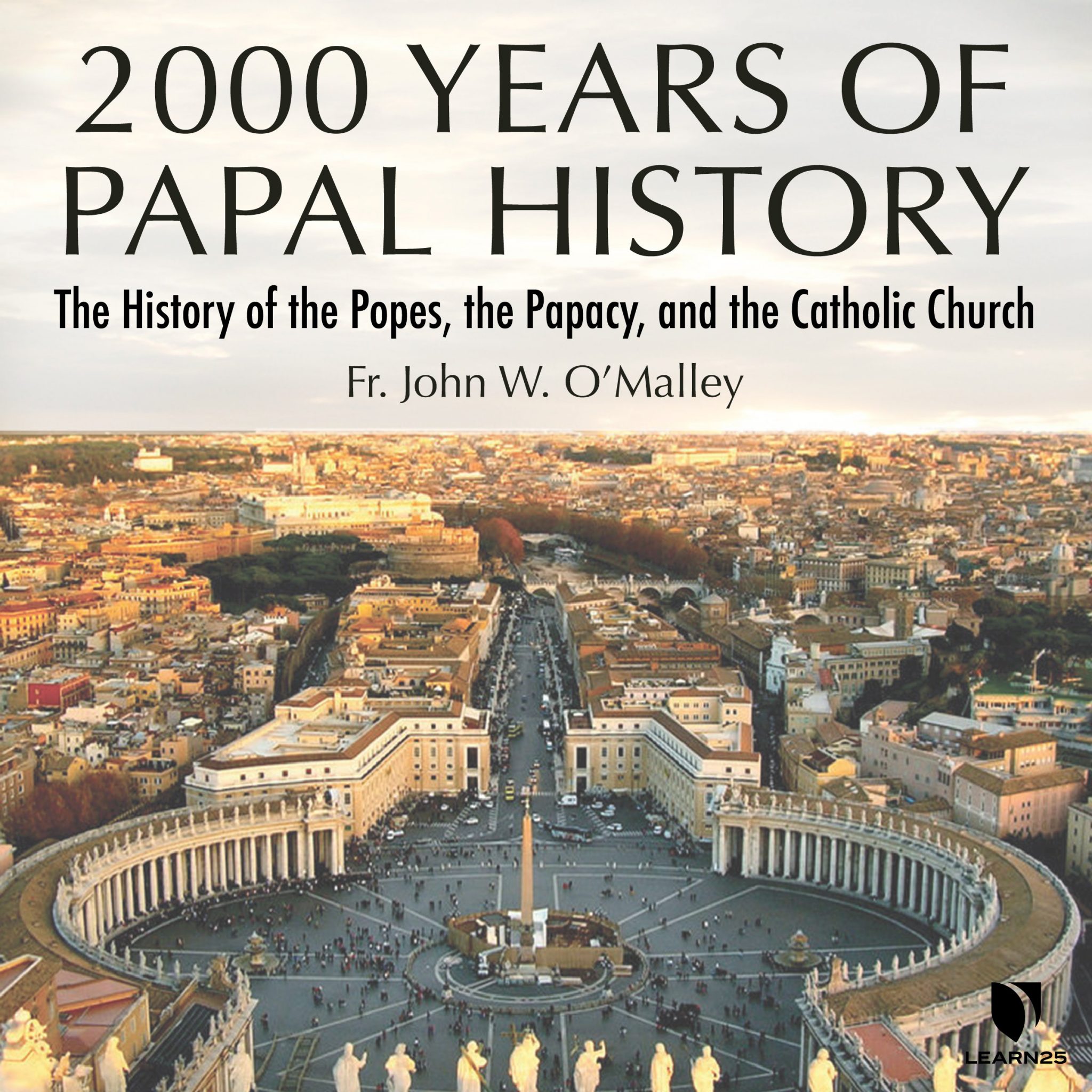AP World History: Popes, Revolts, & Exploration Explained
Could one individual truly reshape the spiritual and political landscape of a continent? The Papacy, a position steeped in history and wielding immense power, has consistently been a pivotal force, influencing not only the religious beliefs of billions but also the trajectories of nations.
The term "pope" itself, derived from the ancient Greek word "pappas" (meaning "father"), underscores the unique role this figure plays: the father of the Catholic Church. This isn't merely a symbolic title; it represents a position of unparalleled authority. The doctrine of Papal supremacy asserts the Pope's ultimate authority over the entire Christian Church, specifically in matters of faith and morals. This authority allows the Pope to make binding decisions for Christians worldwide, creating a hierarchical structure within the Church that elevates him to a central role in guiding the faithful. This position, however, has not always been universally accepted, and has been the subject of challenges and disputes throughout history. One of the most significant challenges came in the 16th century, when Martin Luther, a German theologian, initiated the Protestant Reformation.
Luther, challenging the very foundation of papal authority, took a bold stand against the Churchs practices, particularly the sale of indulgences. This act of defiance, coupled with Luther's argument that salvation came through faith alone and that Christian belief should be based on the Bible and Christian tradition, ignited a religious revolution. Luther's act of publicly burning the papal document of condemnation was a clear rejection of the Pope's authority, and this act further propelled the Reformation.
The fallout from the Reformation was seismic. It fractured the unity of Western Christianity, resulting in the formation of new Christian denominations, including Lutheranism, the Reformed Churches, and the Church of England. This religious upheaval had lasting effects on the religious landscape of Europe and beyond, influencing political alliances, sparking wars, and redrawing the religious map of the world. The actions of one individual, fuelled by theological conviction, had a profound impact on the course of history.
The role of the papacy has evolved considerably over time, adapting to the changing socio-political contexts of each era. From the early days of the Church, when the Bishop of Rome gradually gained prominence, to the medieval period when the papacy wielded significant political power, to the present day, the Pope's influence has been a constant. This evolution continues with each new pontiff, each bringing their unique perspective and priorities to the role.
Consider Pope Francis, the current pontiff, a figure who is characterized by his humility, his advocacy for environmental issues, and his commitment to the poor and marginalized throughout the world. His papacy reflects the ongoing evolution of the role, demonstrating the capacity of the Church to respond to contemporary global challenges. This ability to adapt and evolve underscores the enduring influence and relevance of the papacy in the 21st century.
The historical influence of the papacy is also evident in the age of exploration and colonization. The Treaty of Tordesillas, an agreement between the kingdoms of Spain and Portugal, demonstrates the papacy's ability to influence global events, as it sought to divide the world's newly discovered territories between these two Catholic powers. This treaty, while reflecting the power dynamics of the time, also highlights the central role of the papacy in shaping the contours of the emerging global order.
The Age of Exploration was a period of intense rivalry and territorial expansion among European powers. Spanish soldiers and explorers, known for their military prowess, embarked on expeditions to the Americas, claiming vast territories for Spain. Figures like Hernn Corts and Vasco Nez de Balboa are prime examples of this drive for colonization. Their exploration of new lands was the first step in Spain's rise as a global power. It brought immense wealth and land to the Spanish Crown, reshaping global trade patterns and establishing a new world order. The consequences of Spanish colonization, however, included the exploitation of native resources and the oppression of indigenous populations. These actions highlight the complex and often brutal realities of colonialism.
Colonialism and its effects would later become a major point of contention as native populations resisted European control, leading to revolts across the Americas. One such example of resistance is the revolts sparked by decades of Spanish oppression, religious persecution, and exploitation of native resources. These revolts highlighted the struggle between native American communities and European colonizers, and the broader injustices inherent in the colonial system.
Historical events are often interconnected, with the actions of one figure or group rippling across time and affecting others. For example, the actions of Catherine II, who took power in Russia in 1762, were followed by a series of revolts. While Catherine IIs victory resulted in an expansion of serfdom, it is important to note that these types of revolts were common in an era of European expansion and domination.
The papacy's influence extended beyond Europe and has continually found expression in various facets of global culture. Through times of peace, periods of intense conflict, and periods of rapid social change, the papacy has served as a beacon of hope, spiritual guidance, and sometimes, political power.
| Aspect | Details |
|---|---|
| Title | Pope Francis |
| Full Name | Jorge Mario Bergoglio |
| Born | December 17, 1936, Buenos Aires, Argentina |
| Religious Affiliation | Catholicism |
| Papal Election | March 13, 2013 |
| Predecessor | Benedict XVI |
| Key Initiatives | Environmental advocacy (Laudato Si'), compassion for the marginalized, interreligious dialogue |
| Significant Actions | Renewed focus on social justice issues, emphasis on the importance of humility and service within the Church, reforming the Vatican's financial system |
| Current Residence | Vatican City |
| Notable Writings | Laudato Si' (Encyclical on the environment), Fratelli Tutti (Encyclical on fraternity and social friendship) |
| Website | Vatican Official Website |
The study of history involves examining the actions of individuals and the impact of events. For example, the Protestant Reformation was a pivotal event in European history, and the Treaty of Tordesillas reshaped global trade. Understanding these events, along with the rise and fall of empires, the interactions between different cultures, and the evolution of religious beliefs, provide context for how historical events impacted each other.
Another example of historical influence can be found in the realm of education, as students learn about the world through AP exam preparation resources. These resources, such as the 100% free AP test prep websites, help students prepare for college-level exams, test, and quizzes. These resources often help to provide insights that are useful for understanding the complexities of history.


